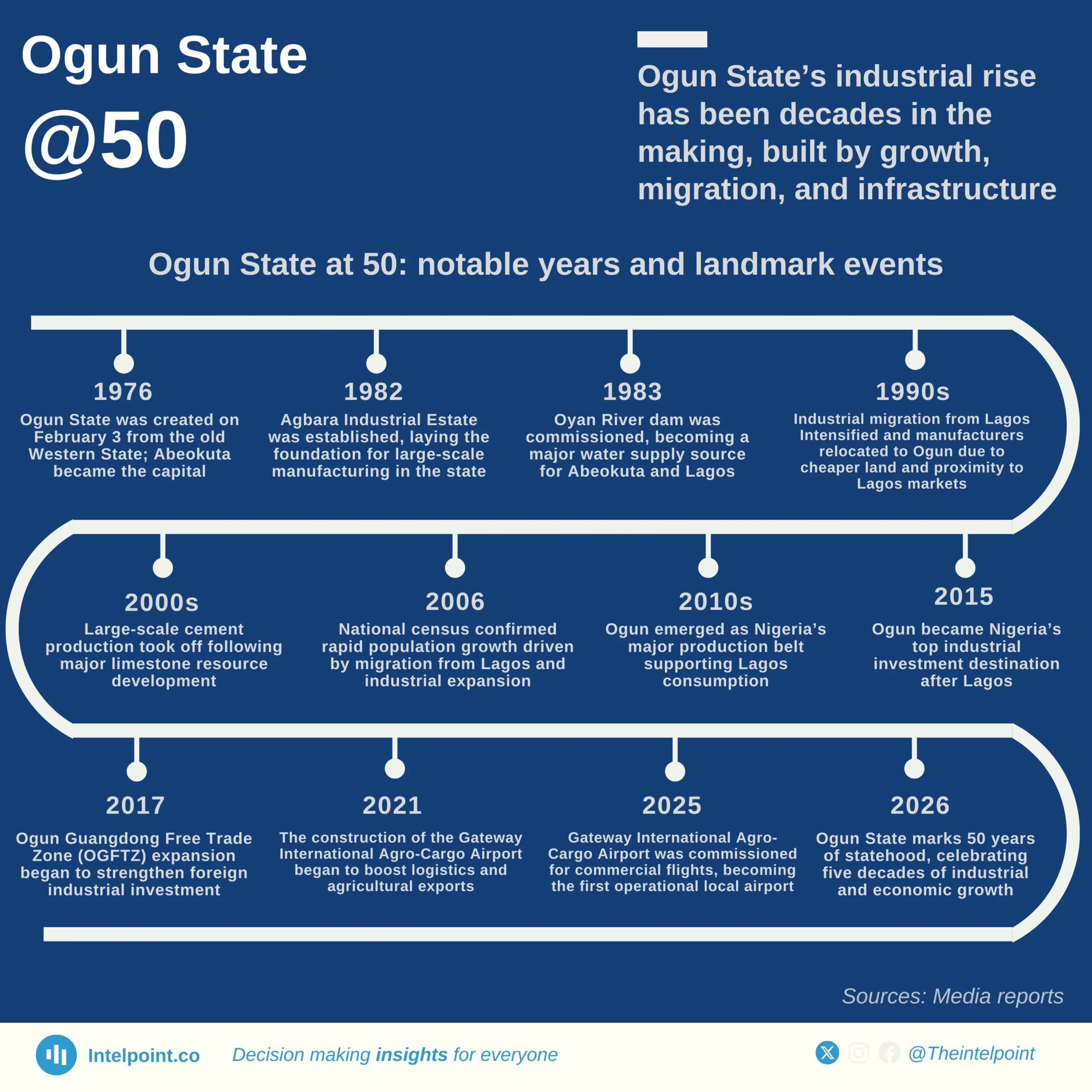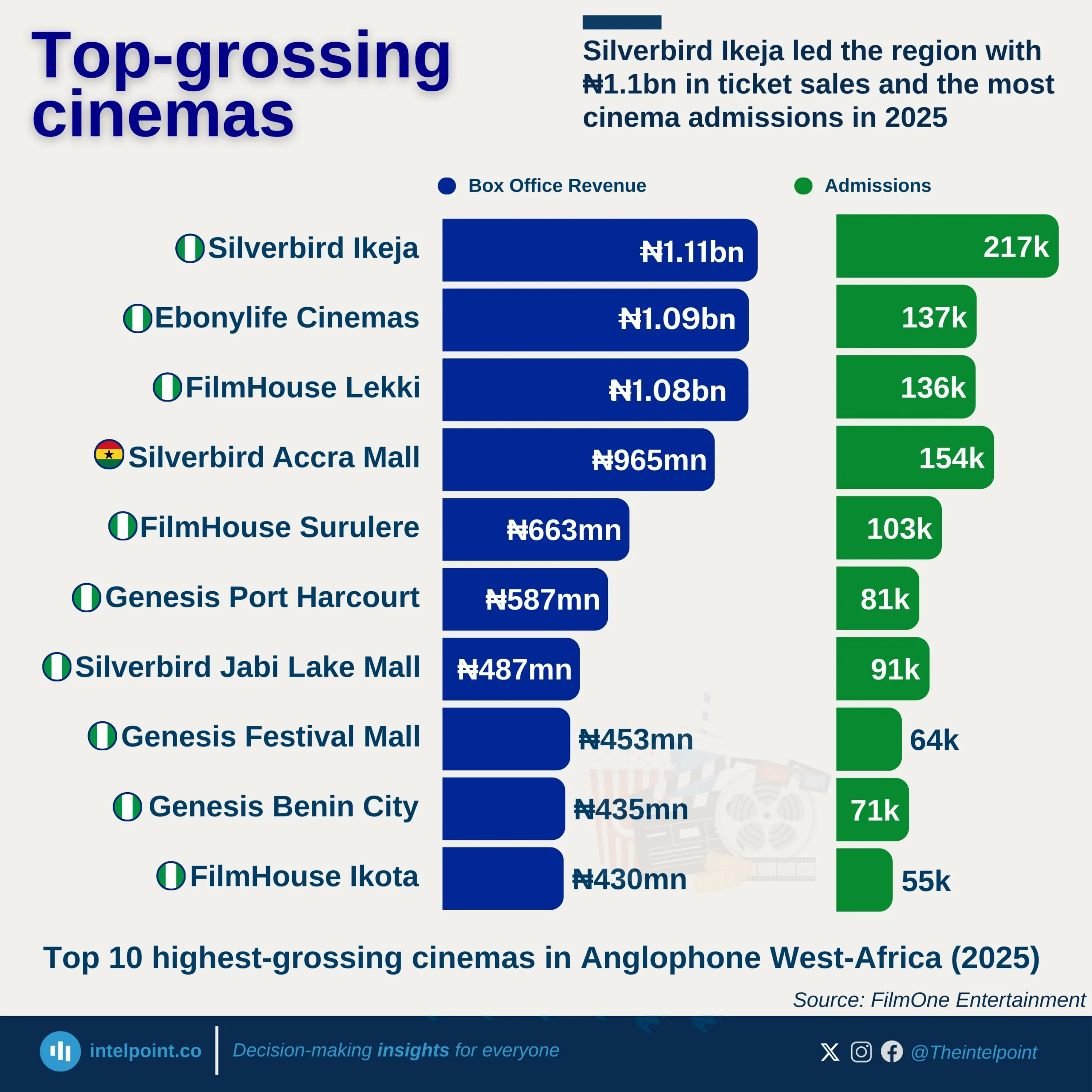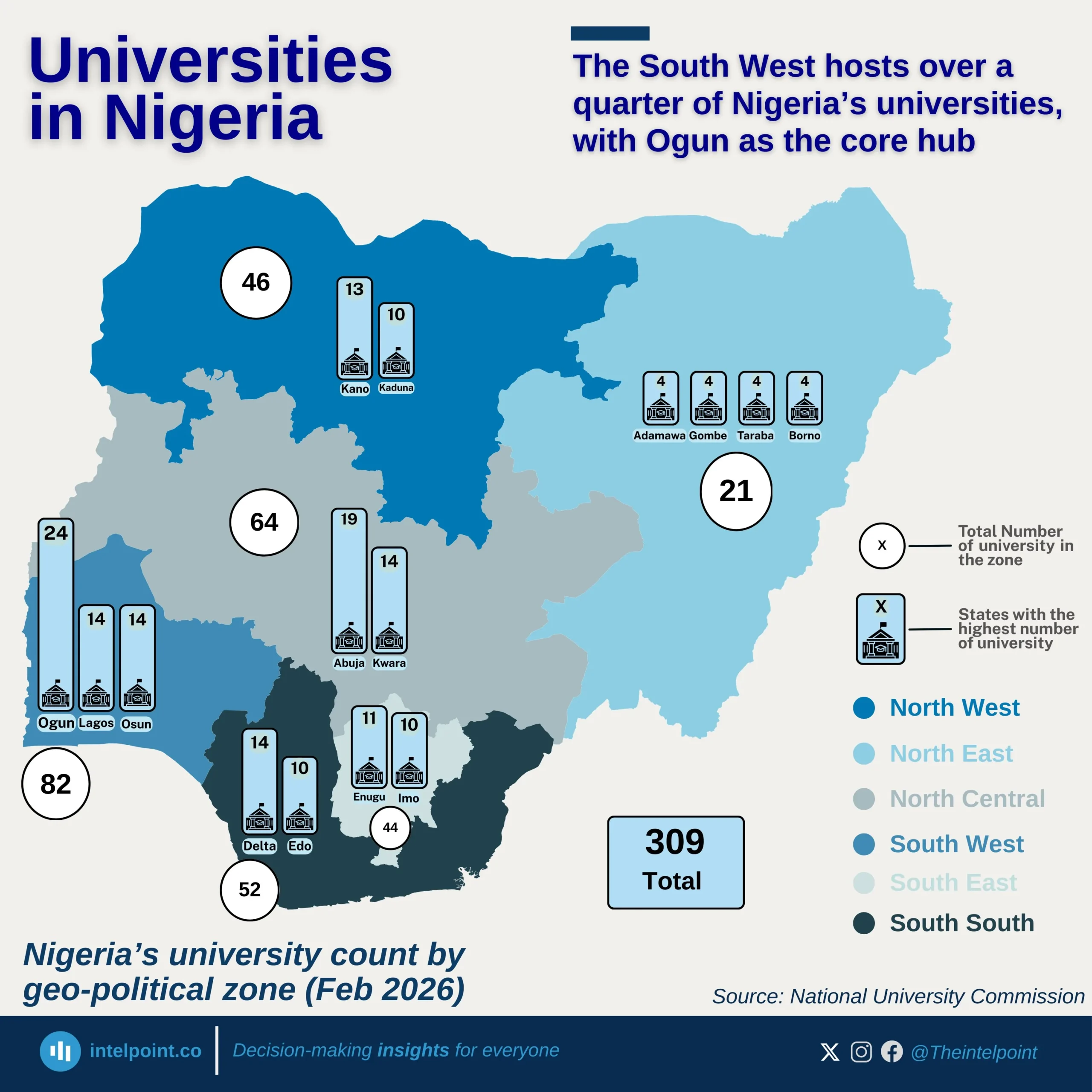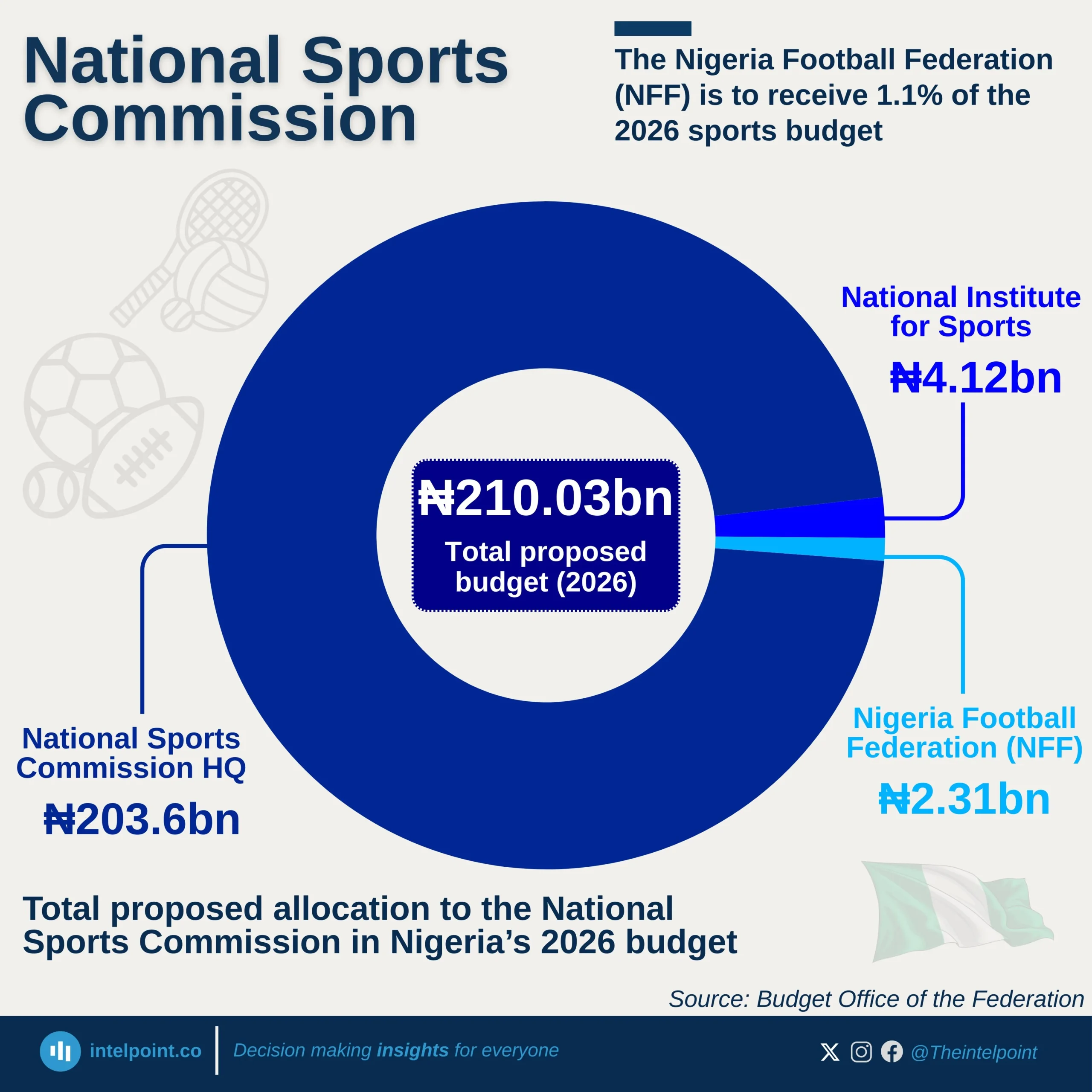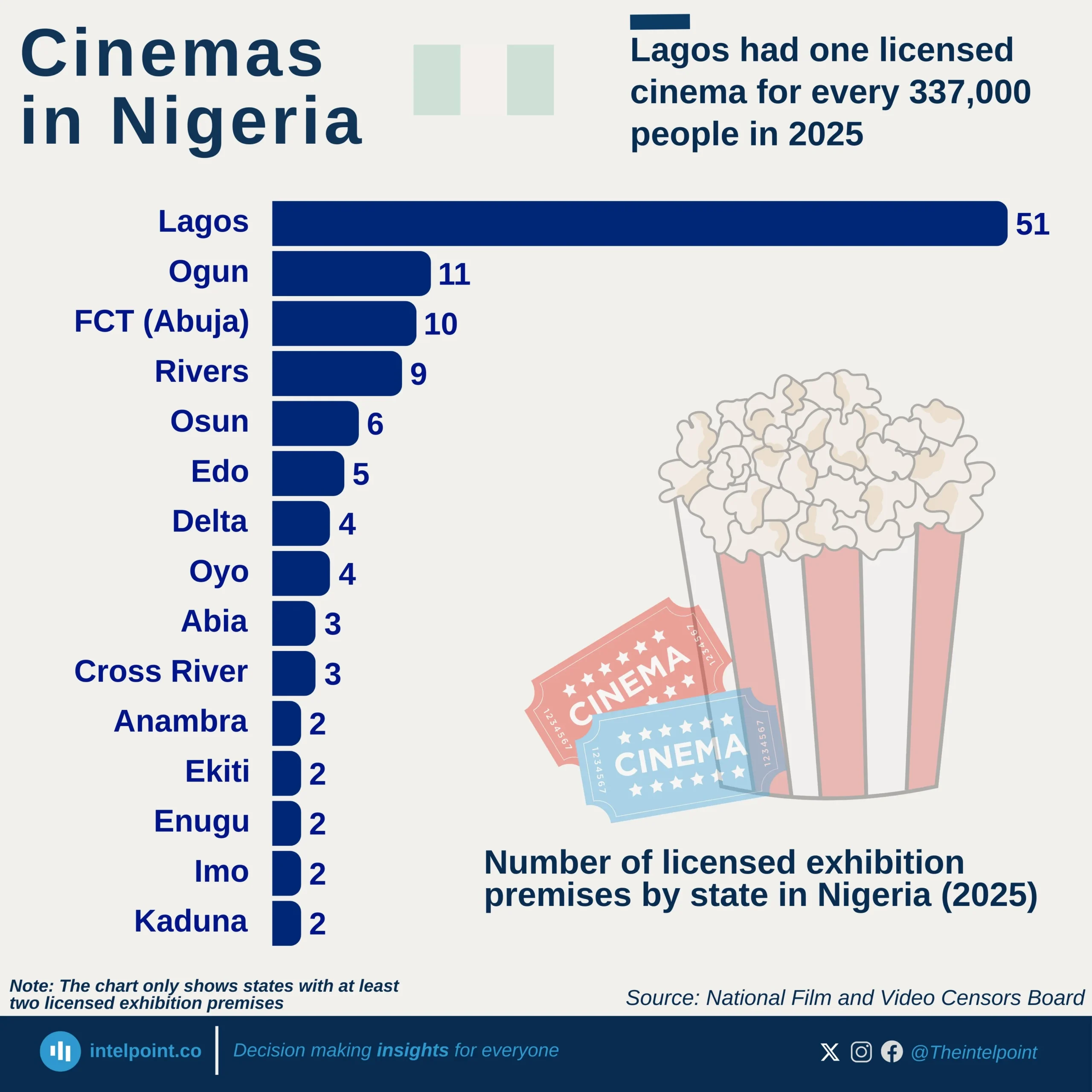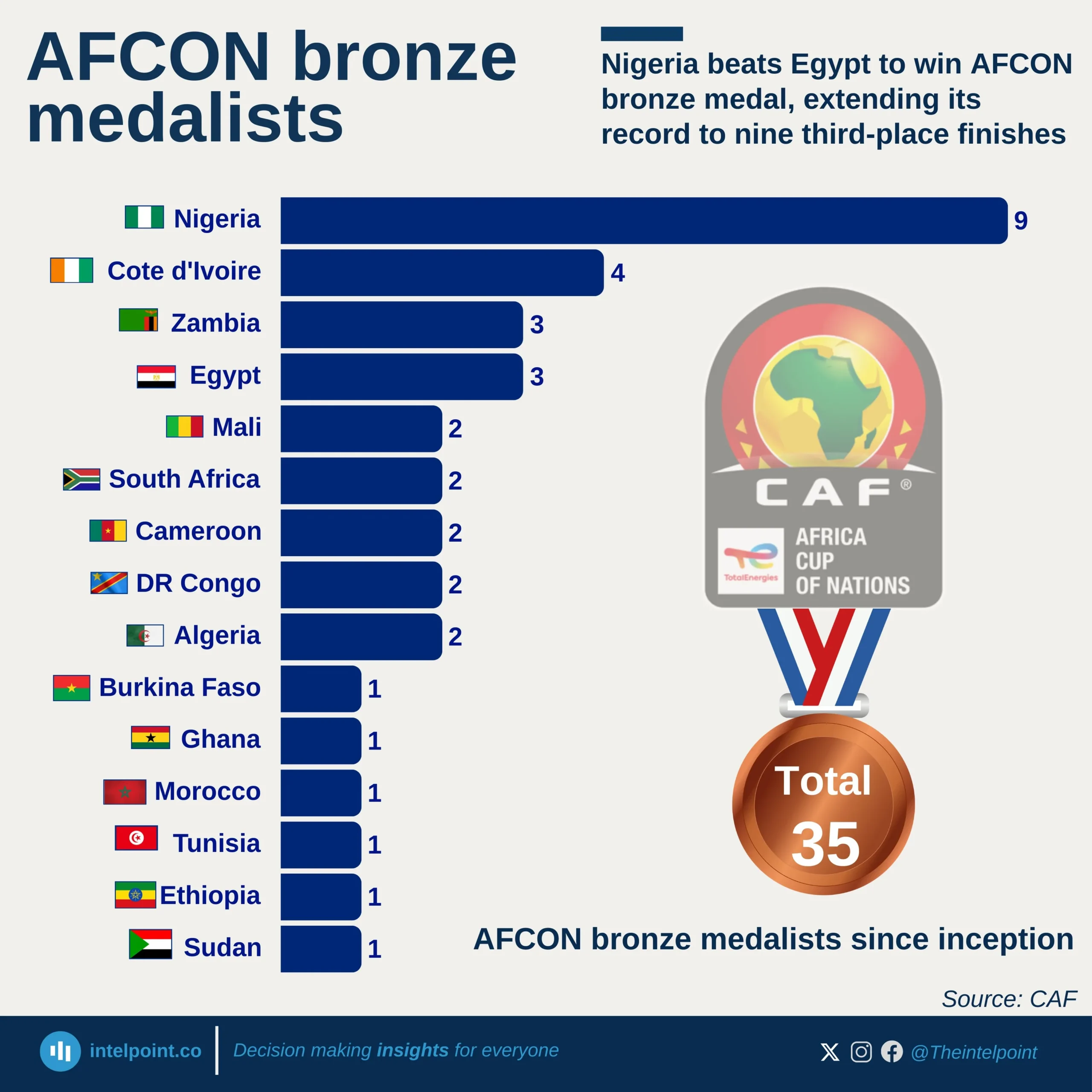In 2025, the business community in Nigeria is primarily worried about inflation, with 48.9% citing it as their top concern. This overwhelming response highlights how rising costs of goods, services, and inputs are eroding profitability and weakening consumer purchasing power.
The foreign exchange rate (17.1%) is the next major worry, reflecting the volatility of the naira and its direct impact on imports, pricing, and investment planning. Businesses also highlight insecurity (15.6%) as a persistent barrier, especially in regions struggling with instability, while government policies (10.0%) raise concerns about unpredictability in the regulatory and fiscal environment.
Finally, though inadequate infrastructure (8.4%) ranks lowest, it remains a structural challenge, with poor roads, unstable electricity supply, and weak logistics networks still affecting business efficiency. Taken together, these insights paint a picture of an economy where macro-level pressures (inflation and forex) are top of mind, while structural and policy issues remain critical but secondary concerns.
